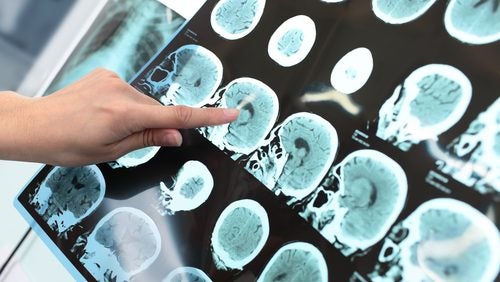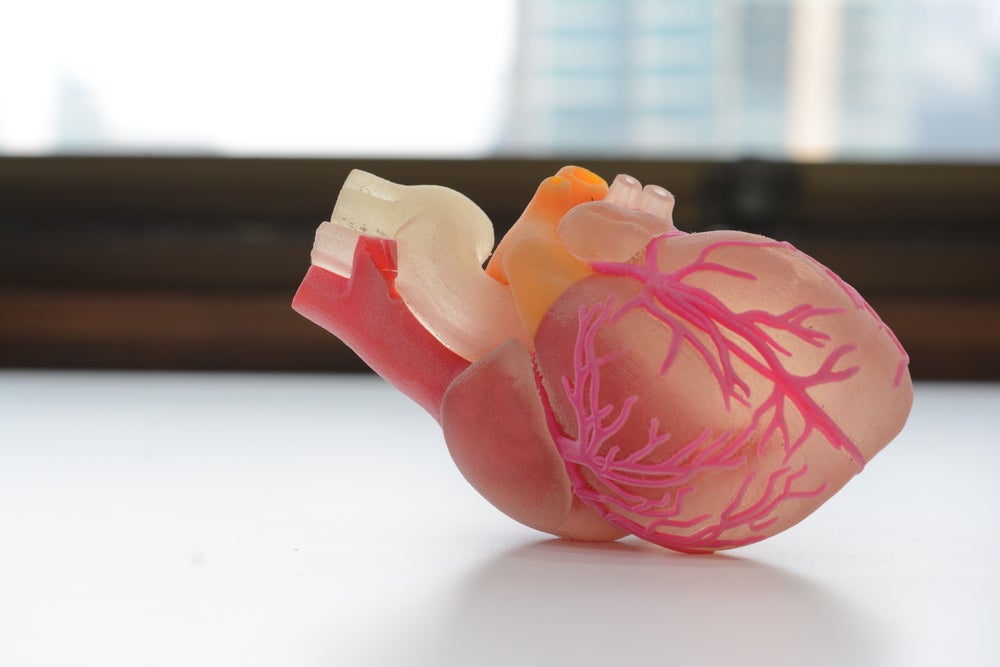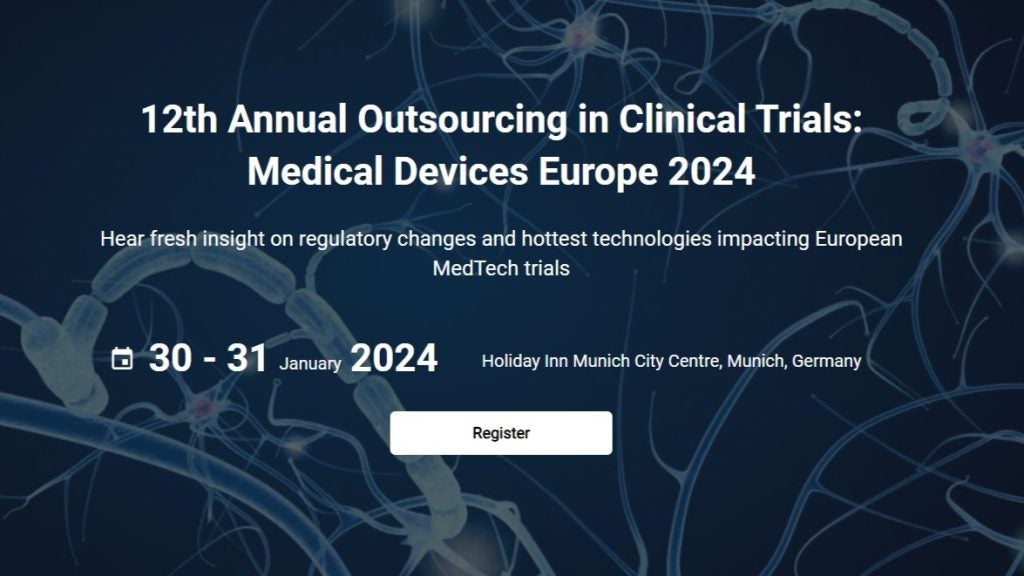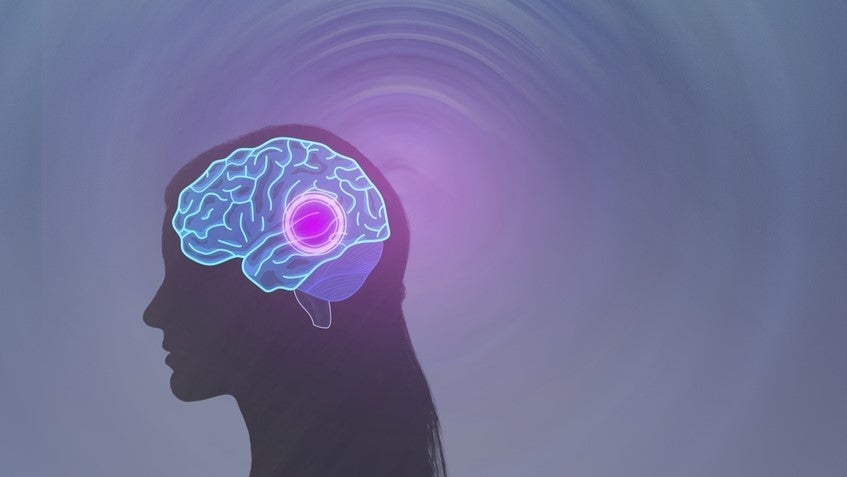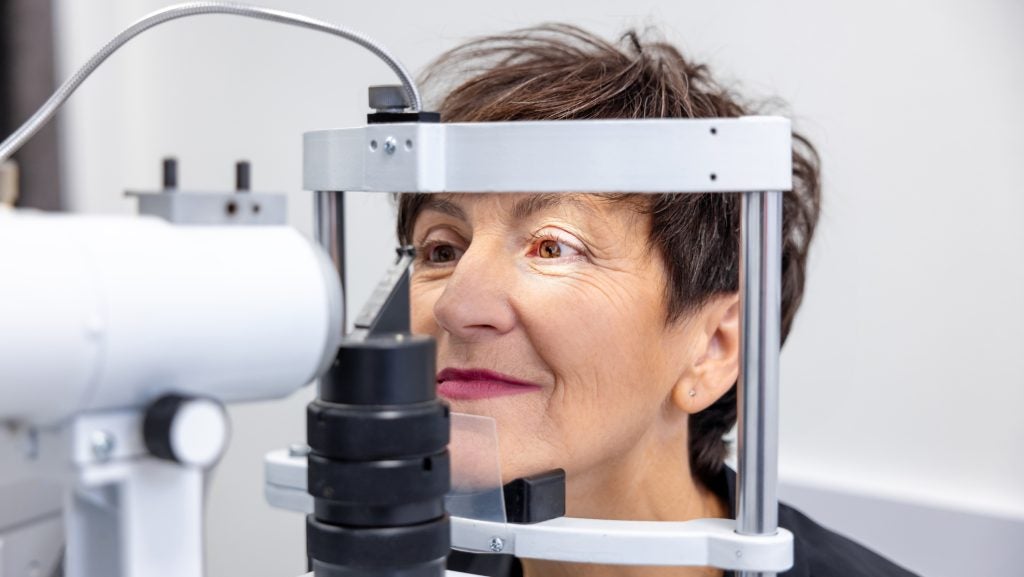The US Food and Drug Administration (FDA) has given the greenlight to US device company Darmiyan for its clinical brain test BrainSee.
BrainSee is a software as a service (SaaS) platform designed to help physicians determine the prognosis of patients who have amnestic mild cognitive impairment (aMCI).
The test uses its artificial intelligence (AI) algorithm to analyse a patients magnetic resonance imaging (MRI) scan, generating an objective score that predicts the likelihood of a patient progressing from aMCI to Alzheimer’s dementia within five years.
In a 2020 study, the device achieved high performance accuracy and consistency in measuring Alzheimer’s-related abnormalities. The test-retest consistency of BrainSee was found to be very high with a correlation coefficient of 99.5%. Following this, the FDA granted a breakthrough designation for the device in 2021.
In the announcement accompanying the approval, CEO of Darmiyan Padideh Kamali-Zare said: “Our vision is to redefine brain health screening and monitoring standards and impact the lives of patients and their family members in a meaningful way.
“BrainSee is the first product of this vision, backed by our solid technological infrastructure that is capable of driving further transformations and scalable innovations in the brain health landscape.”
According to a report from GlobalData’s Pharma Intelligence Center, the Alzheimer’s disease market size is forecast to be worth $15.9bn globally in 2030.
The report highlights how patients with mild symptoms are commonly overlooked, and diagnosis rates are currently extremely low. Research indicates that early treatment is crucial to preventing progression of the disease, so initiating treatment once symptoms are already present is likely to be too late.
The emergence of dementia tech aims to tackle early diagnosis, including Cognetivity’s AI dementia diagnosis app. The software is designed to catch the earliest signs of the disease before the onset of significant symptoms by using an image categorisation test designed to engage specific areas of the brain affected in early and pre-symptomatic stages of Alzheimer’s.
Roche and Scottish Brain Sciences teamed up last year for the development of a blood test that can detect Alzheimer’s disease early, by identifying and utilising blood-based biomarkers.


